Yektakhah’s system improves on the speed, portability, and accuracy of many commercial models
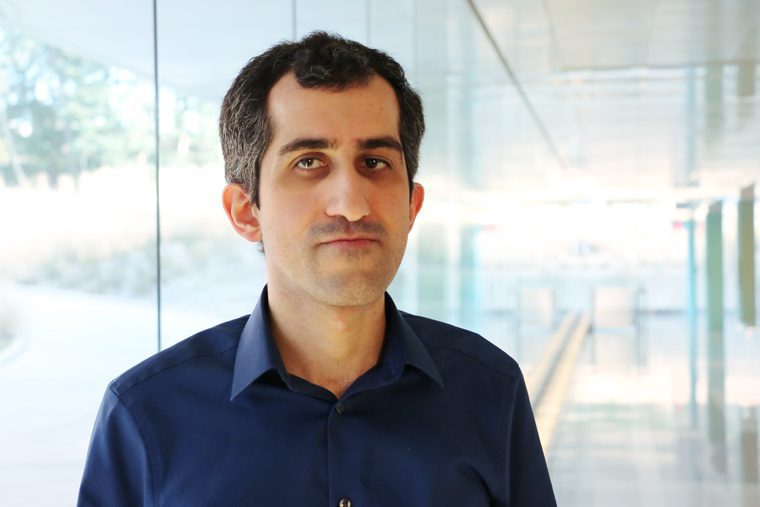

Yektakhah’s system improves on the speed, portability, and accuracy of many commercial models

One of the paper describes and demonstrates a malicious hardware backdoor. The other demonstrated security failings in a commercial smart home platform.
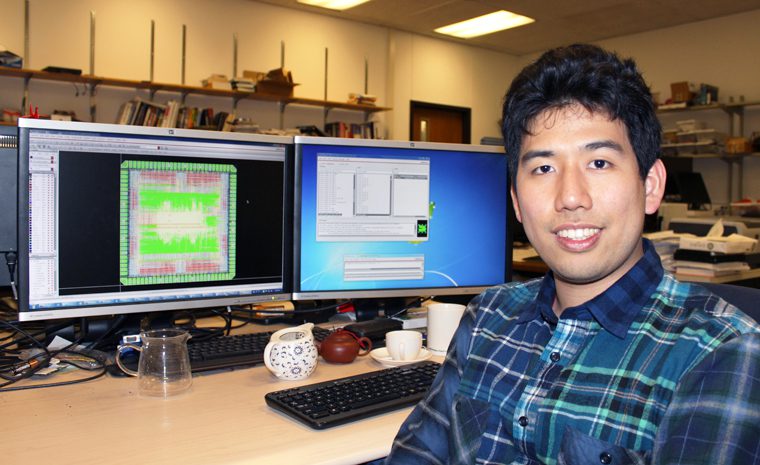
Thomas and his group are working to improve upon artificial neural network design through a process called sparse coding.
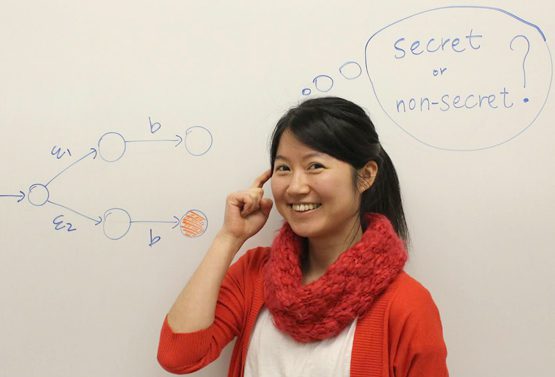
Her dissertation focused on “opacity,” which captures whether a given secret of the system can be inferred by intruders who observe the behavior of the system.

She computationally measures, represents, and analyzes human behavior data to illuminate fundamental human behavior and emotion perception, and develop natural human-machine interfaces.
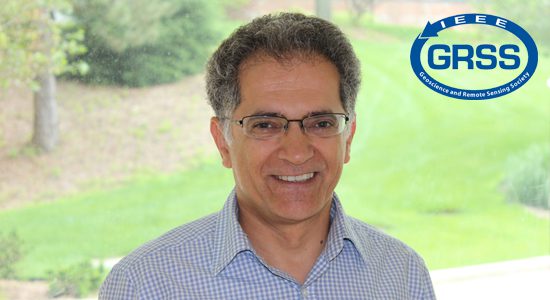
The IEEE Geoscience and Remote Sensing Society is a remote sensing organization with more than 3700 members around the globe.
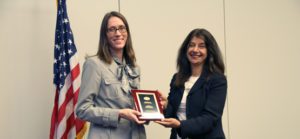
Peterson’s findings could be used in wireless sensing and actuation systems, including those that deal with monitoring of the environment and medical conditions.
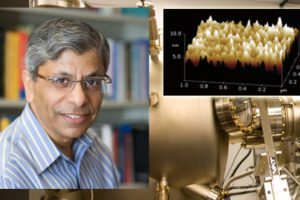
Since coming to the University in 1984, Bhattacharya has pioneered several important technological advances.
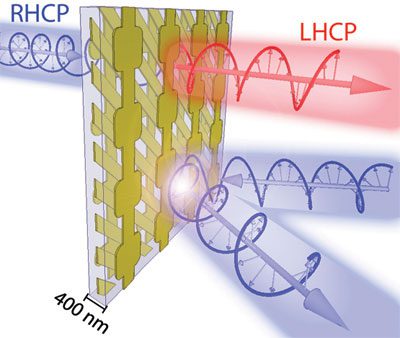
The researchers believe that metasurfaces could one day be used to completely control the phase, amplitude, and polarization of light.
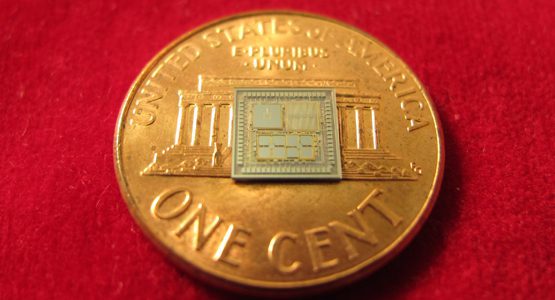
The research group developed special fabrication processes that allows them to stack and bond seven different devices in layers.